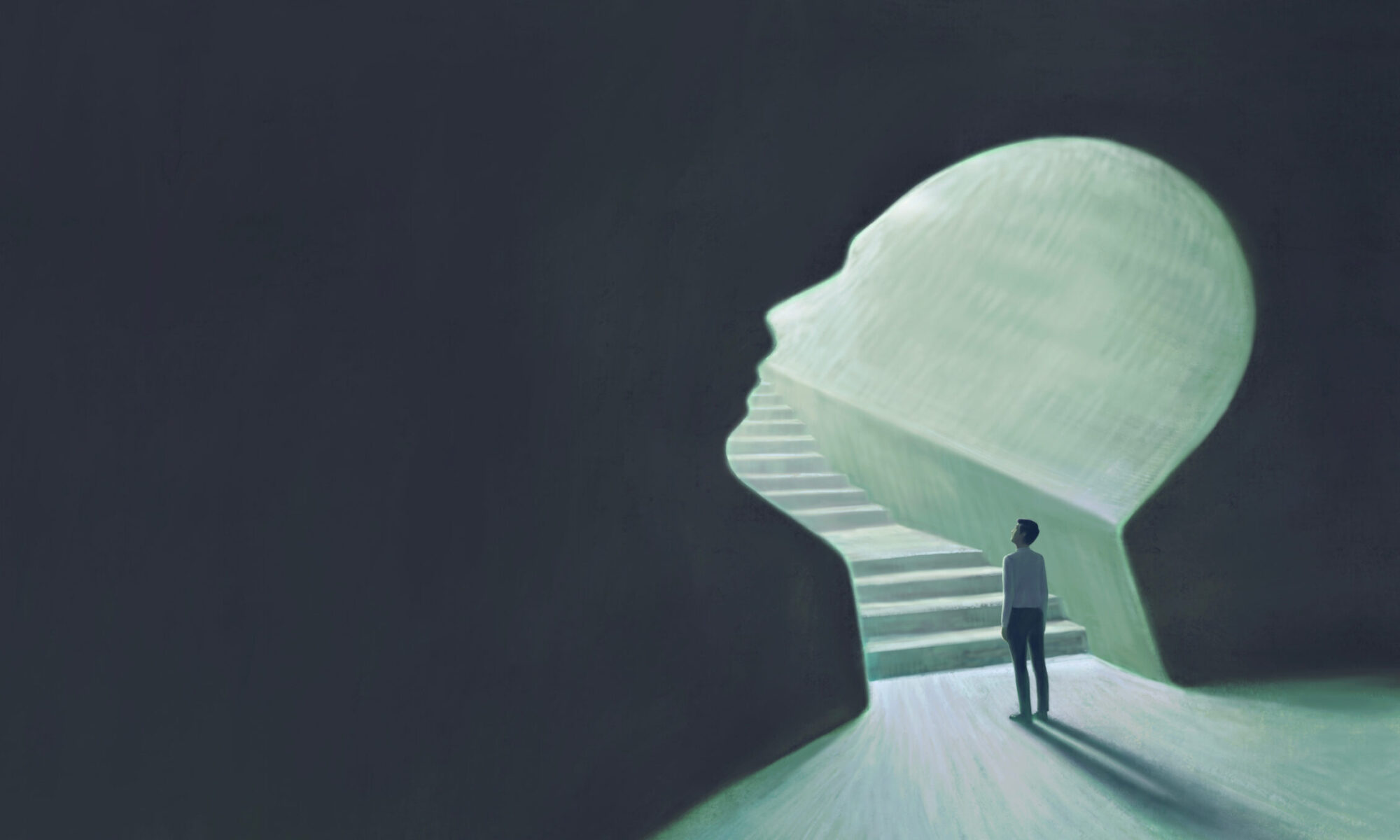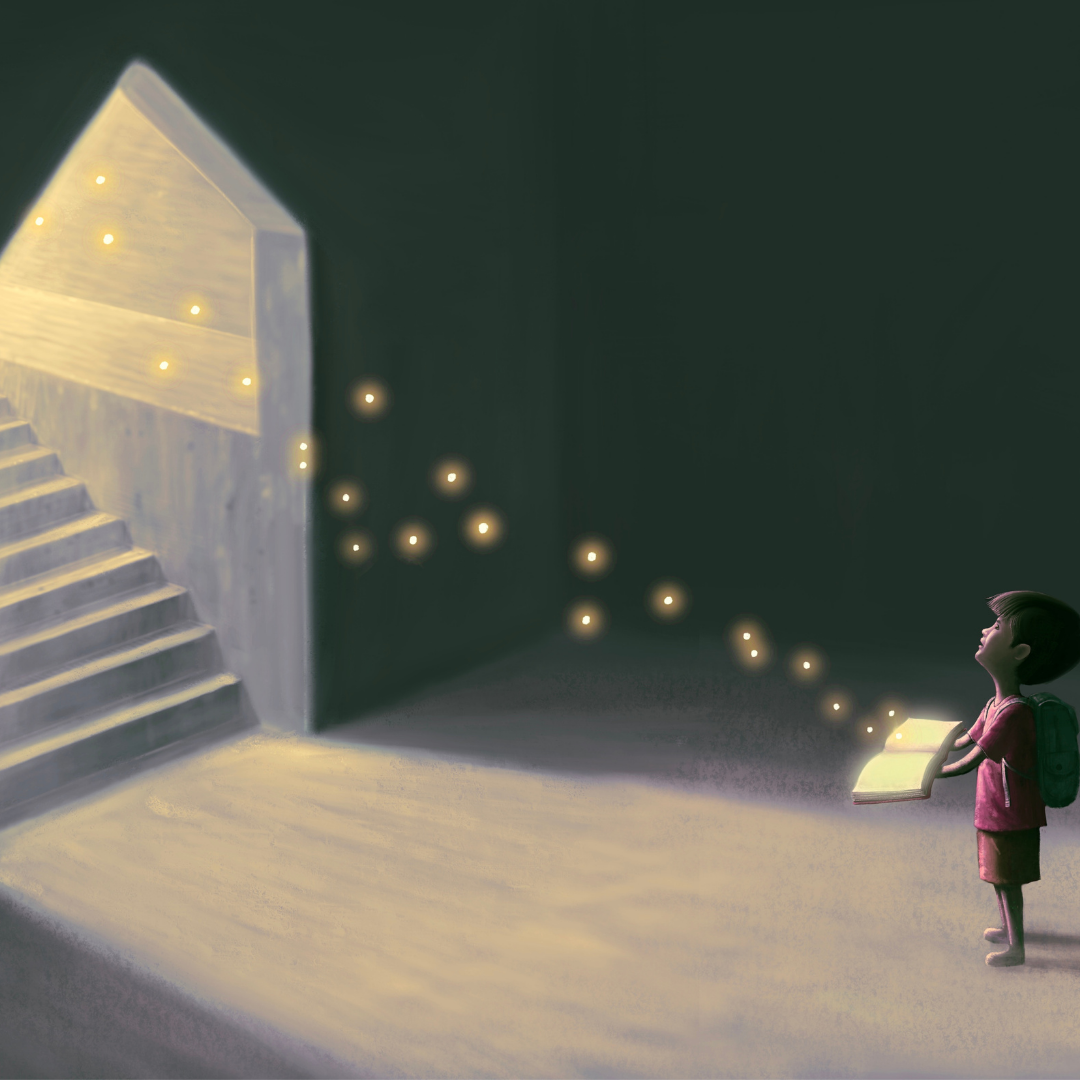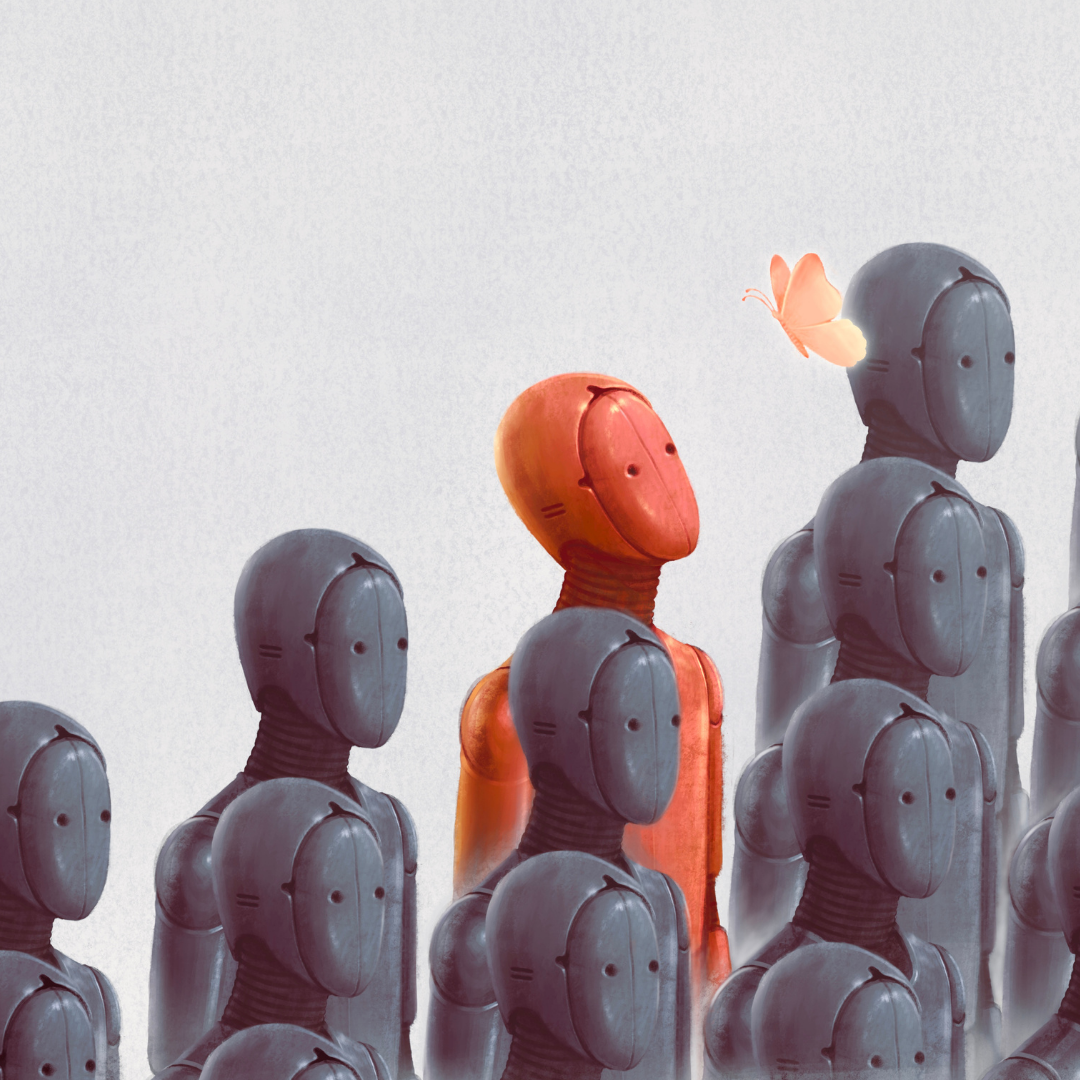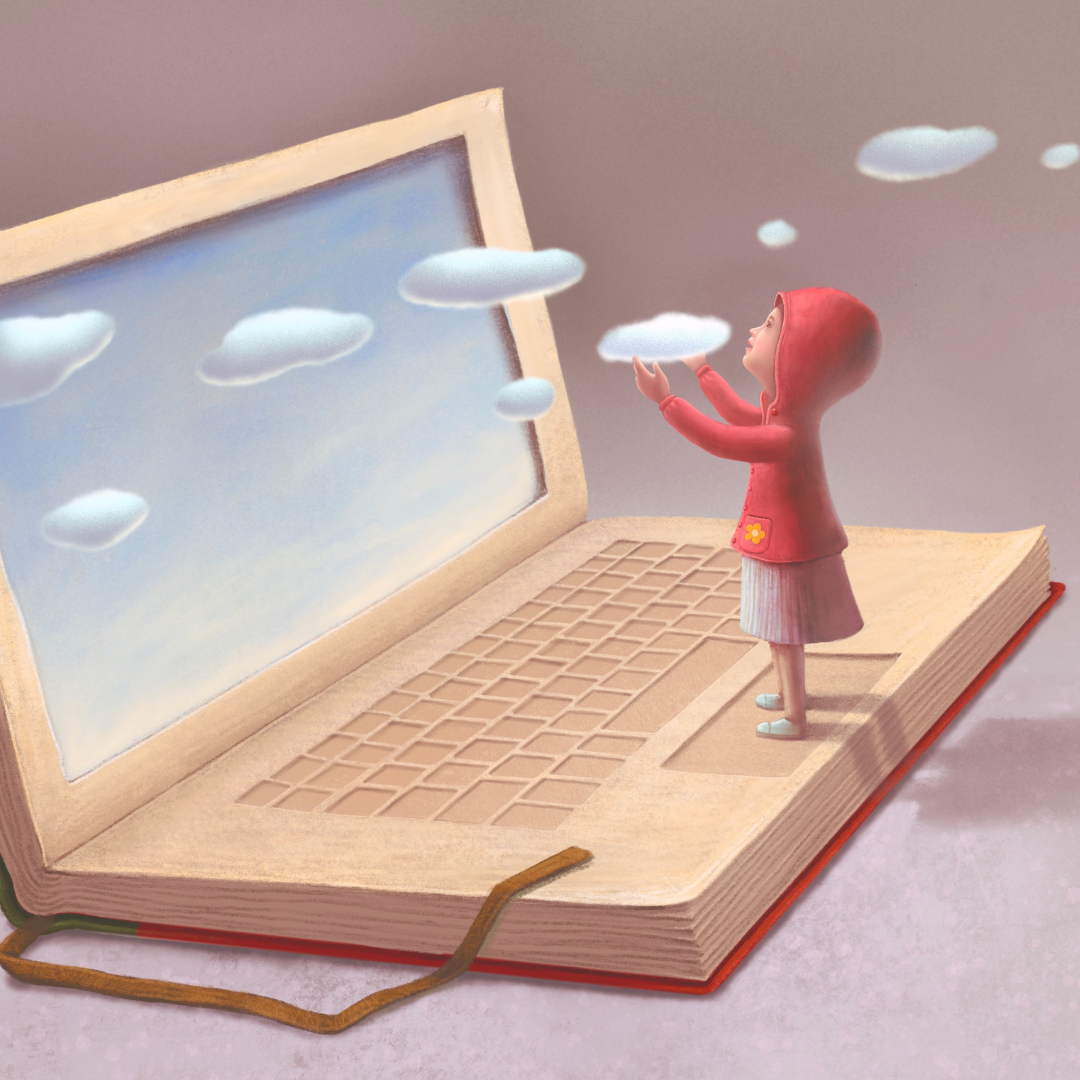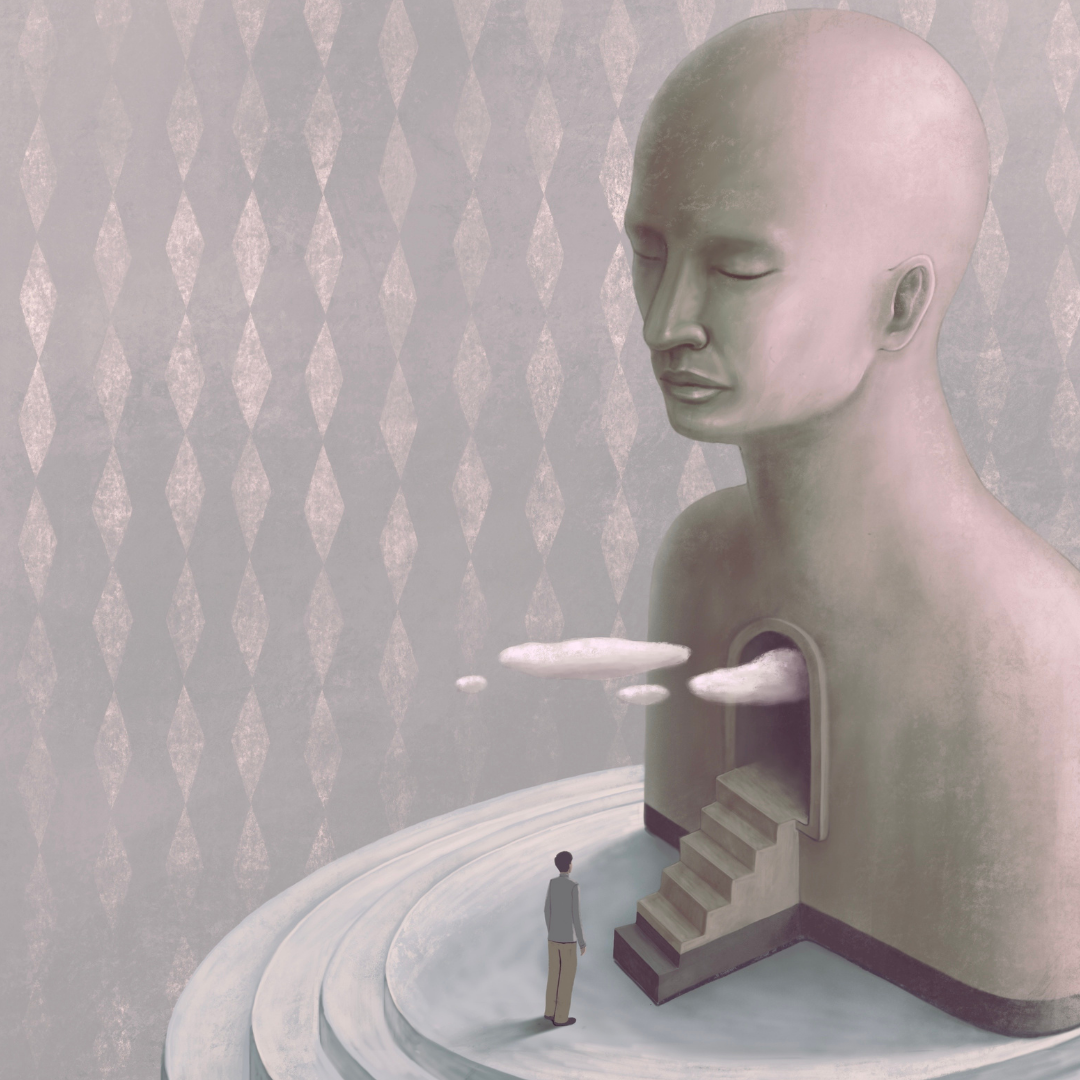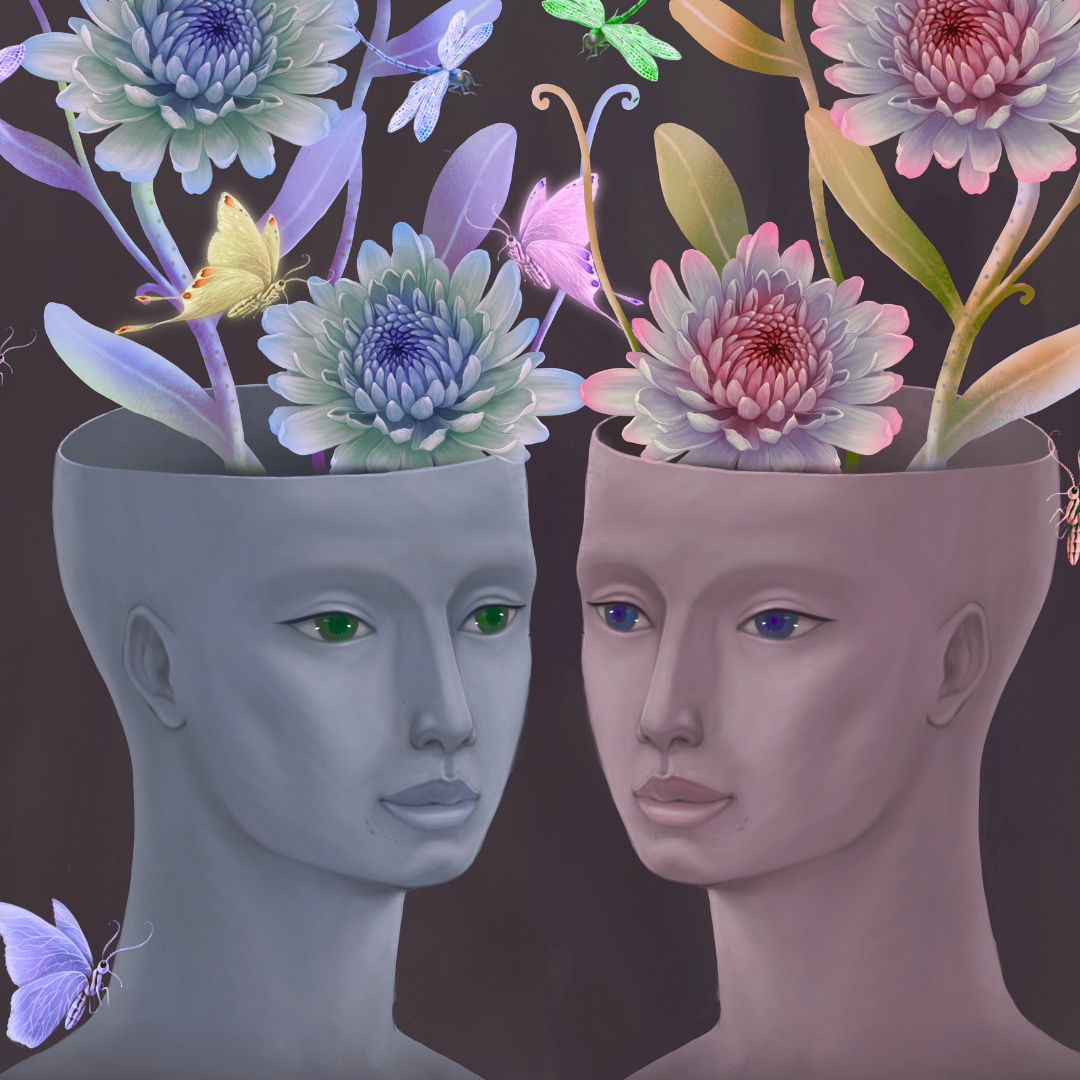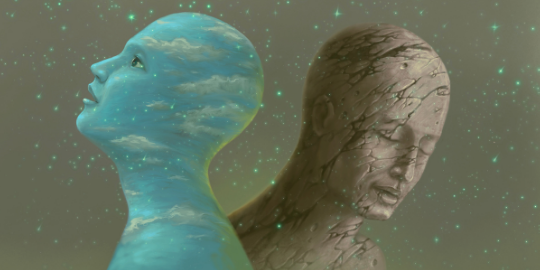Listen to the episode today! Show notes coming soon.
Jonathan Bell
Working in social media
- Was eager to start working at the age of 15
- Applied to many places but was turned down for all of them
- During Covid, started utilizing social media for marketing his family-owned business
- In April 2020 he launched his own website for digital marketing consulting
Balancing being a high schooler and business owner
- Even though Jonathan is still in high school,
- He feels that he can relate to the older business owners more than other teenagers
- He is still learning how to balance being in school and meeting with people
- Some days he needs to be a high schooler,
- Other days he needs to be a man
- Despite being professional, people have turned Jonathan down because of his age
- Jonathan experiences a lot of support at school
- And he has inspired other students to start their own business
Life experience
- Everyone has different kinds of life experience
- Just because someone is older,
- Doesn’t mean they are more experienced
- Just that they’ve had different experiences
- “Your human experience is no more human than mine”
- It’s important to validate experiences in children and young adults
Conflicting environments
- Growing up, he moved back and forth between Springfield and Chicago
- His home in Chicago wasn’t in the best area
- Eventually moved back to Springfield
- Because his mom felt that it was a better environment
- It was a big change coming to Springfield,
- But still experienced some of the same racial labeling as Chicago
- Like being called the “whitest black kid”
Being in the news
- Jonathan feels that the article written about him has helped him become more connected with Springfield
- And has given him the opportunity to meet more people
- Some of the comments on Jonathan’s news article were misinformed or stereotyping
- Jonathan stays professional because he knows who he is
- Although, his story was published on a different platform and the comments there were very positive and supportive
- All mediums are objectifying
- And it can be hard to see how people interact with that representation of you
Strategies to success
- There are so many different paths to success
- The best strategy for one person may not be the best for another
- Jonathan sets himself up for success by planning out how he will reach his goals
- And sometimes has to re-strategize when something doesn’t go right
- And you don’t have to do what other people say you should
- Or label yourself what others label you
- Jonathan is proud of the things he’s done and will continue to do
Get to Know Jonathan Bell
- Article in Springfield News-Leader
- Instagram: @bells.marketingco
- Website
An Interview with the Burned In Teacher, Amber Harper
Being an Educator
- Amber didn’t grow up knowing what she wanted to do with her life
- She went to school to be a nurse
- That didn’t work out, so she got her degree in education
- And ending up being super passionate about it
- She’s always advocated for the underdog
- And that’s a big reason why she keeps coming back to education
- Amber has left education twice due to burnout, but has always returned
- She has taught several different grade levels
- In 2018 Amber left education and worked on Burned-in Teacher
- But after three years returned to teaching
Making Connections
- Feeling the connections with students and other teachers is important
- Amber strives to be more than just an academic teacher
- She wants to help her students through life, decisions, emotions
- Remember that student behavior is not about you,
- But is a reflection of something deeper going on
- This helps Amber stay calm when dealing with these behaviors
- She has classroom meetings throughout the day to bring everyone together
- And also tries to connect with her students individually
Teacher Burnout
- Many teachers are perfectionists and people pleasers
- And trying to save everyone and shoulder all the burden is a recipe for burnout
- Burnout is not your fault, but it is your responsibility to recognize it in yourself
- A lot of expectations in the profession are unattainable or unrealistic
- Burned-in Teacher was born out of Amber’s burnout
- Which first started when she began teaching first grade
- She felt there was no collaboration with her team
- After many years, the feelings she’d been repressing came to a bursting point
- She knew that something had to change
- Burnedinteacher.com was inspired by a summit Amber attended
Self-awareness of Burnout
- Learn to work through the burnout and the challenges instead of fighting against them
- When struggling with burnout,
- Look inwardly to build self-awareness and see if you need to change
- and/or see if your environment needs to change
- Addressing and finding solutions to burnout is not one-size-fits-all
- There are different personalities and types of burnout
- Reflecting on what brought you here is step one
- Think about if you can be your best self in your current environment
- There’s no shame in making a change
- If you use your burnout as fuel to fire you up, the possibilities are endless
Mindset shifts
- Instead of thinking that things are happening to you as a victim,
- Acknowledge that these things are happening and think about your next move
- You can’t keep doing the same things and expect different results
- Don’t view burnout as a life sentence of misery,
- Instead see it as an opportunity to change your life
Interested in supporting a child?
- https://www.patreon.com/BurntOutEducator
- 100% of the proceeds donated to the Burntout Educator will provide therapy for a child in the public school system.
- Not therapy capped at a certain number, but an open-ended relationship with a highly qualified therapist in the BHC network.
Beyond Healing Center
- Visit our website for all things BHC
- Contact us about retreats and therapy
- Contact us about training and consultation
Beyond Healing Media
- First, listen to our past episodes of BOE here
- Then, check out more Beyond Healing podcasts
- Give your support and gain access to exclusive content through Patreon
Connect with us on social media: TikTok @burntouteducator
Credits
Executive Directors: Jennifer and Ryan Savage, Melissa Bentinnedi, Bridger Falkenstein
Hosts: Jennifer Savage, Melissa Benintendi, and Bridger Falkenstein
Filmographer: Tyler Wassam
Podcast Producer: Bridger Falkenstein
Podcast Editor: Jamie Eggert
Show Notes: Jamie Eggert & Jordan Murray
Original Music Composers: Bridger Falkenstein and Caleb Boston
Opaque Transparency with Tasha Little
About Tasha
- Tasha is one of Olivia’s eighth-grade students at Nixa Junior High.
- She plays basketball and is also a part of a couple of other student organizations.
- One organization called Sources of Strength works to be a support system for students.
- Tasha was chosen to be a part of this organization because her teachers felt that she was a good leader and a positive influence.
What does it feel like to be a junior high student?
- Most people’s experience as a junior high student is pretty similar
- Many people pretend to be someone they are not because they are worried about being judged and ridiculed for who they actually are.
- Tasha feels like most kids are trying to grow into good people but it is a challenging and confusing time.
Can you speak more about the cliques in the school?
- It’s like a hierarchy.
- Those at the top play sports and are friends with those that play sports, and it gradually branches into those that don’t play sports and then to those with more niche interests.
- The kids are not very accepting and there’s judgment between groups.
Where do you find your connections inside/outside of school?
- Tasha has a lot of connections through basketball and her mathletes team.
- Prior to her starting sports in the 7th grade, she was friends with people that some may consider “weird”.
- Tasha finds connections with those that play sports, but more so with those that don’t care what other people think.
- She likes people that are genuine.
What makes you feel like a connection is genuine?
- Tasha feels that everyone has a mask on to some extent,
- Though some people have thinner, more transparent masks
- Making it easier to see their true selves.
- Kids wear masks to fit in
- Tasha thinks it comes from fear of being too different or being judged.
Why do you go to school?
- Tasha wants to pursue her education in order to be successful
- She also goes so she can play basketball.
- While Tasha loves to learn new things and is excited to pursue new challenges.
- She feels that a lot of other students don’t view it the same way.
What’s the most crucial part of ensuring learning happens?
- There are a lot of different education styles that can affect students in different ways and keep them interested.
- Tasha sometimes gets bored in her social studies classroom because of the way the information is presented.
- A student could really want to learn something but if the teacher isn’t presenting it in a way that interests them, the student may be less motivated and engaged.
- The teacher’s passion for the subject has a big influence on the students.
- Tasha can tell when some teachers just don’t want to be there and it’s hard to be interested in an assignment when the teachers themselves aren’t.
Tasha asks Ryan: What does it feel like to be a teacher that is burnt out?
- Ryan felt that what he was doing wasn’t meeting his expectations or desires.
- And he didn’t feel like he could keep showing up every day with that feeling.
- He wasn’t passionate about the work he was doing.
There’s been a shift in education in that testing and data collection are very prevalent. What are your thoughts on the classroom environment, and do you feel like you are there to learn or to just take a test everyday?
- Tasha feels that some of the testing is to make the school look good or to get high ratings.
- It feels like the students are carrying the load and somebody else is getting the achievements.
- Tasha imagines that her peers probably feel similarly,
- But perhaps haven’t thought about it as in depth as she has.
68 Applications with Thomas Primm
Thomas Primm
- Wanted to be a teacher when he was young
- Worked as a tattoo artist and painter
- Went back to school in his 40s and received a Bachelor’s in philosophy
What was your experience as a college student?
- Didn’t always feel it was necessary to engage/debate with the philosophy professors
- Was good friends with other students
- After his Bachelor’s degree, he went on to a Master’s program in art and theory
- Then added a second master’s program in special education
- At the same time, he was still a tattoo artist and started substitute teaching as well
Did you encounter any problems getting hired?
- He was concerned he would struggle to find a position due to his appearance.
- Worked as an ISS teacher his last year of his Master’s program
- Before being hired as a para, Thomas applied for 68 jobs.
- After doing well as a para, he received a teaching position
What was your experience being a substitute teacher?
- Thomas enjoyed helping the students and getting to know them
- Overall, subbing was a very positive experience
- His first subbing experience was in a kindergarten classroom
- Unfortunately, the school did not want him to come back to sub for the elementary school
- He was worried his tattoos would keep him from being able to do what he loved
Would you change the way you look?
- Thomas got his first tattoo when he was 13 to be rebellious
- If he was 13 in today’s world, he wouldn’t get a tattoo because tattoos are so common
- There’s a different view about tattoos nowadays
- However, he was familiar with being treated as “bad” even before he was heavily tattooed
Advocating for kids
- Part of the reason he wanted to go into education was to help the kids that are labeled as “bad” or “lost”
- Thomas was “lost” in school and didn’t have teachers advocating for him or trying to help him
- He truly cares about his students
Becoming a process coordinator
- Thomas recalls being injured trying to help his students
- Which led him to make the decision to become a process coordinator
- It was a very challenging job that was not well-liked
- He was shocked at how many students were being pushed into special education that didn’t really need it
- He thought a lot of students were being mislabeled
- Thomas wanted the school and other teachers to step up and learn how to address different behaviors
Supporting each individual student
- The same strategies are not going to work for all students
- Thomas wanted to support each individual student and have everyone work together
- Many professionals simply lower the standards, but Thomas maintained high standards for these students
- And the students responded well!
- The students liked that he would speak to them like adults, the connection, and his attention.
- Remember, if the student is being neglected at home, they only know one way to act at school
- This can lead to being neglected at school, but we need to see these kids too
The education system can be lazy
- Teachers get paid the same regardless of their skills
- Many teachers benefit by flying under the radar
- The system is not promoting teachers to be better
- There’s no way for just one person to fix the issues ingrained in special education
- But we have to remember, kids are human beings with feelings
- Educators can be caught in the system, trying to make it through their days and can forget what their students are feeling
- The connection to the individual is lost
- Thomas believes the best thing we can do is connect with others
Trying to make a difference
- Life can be absurd and pointless, but Thomas wanted to do something meaningful
- So he decided to help the person next to him
- He can’t fix the whole school, but he can help the student
- The kids were always in “fight or flight” mode, so it was a challenging task
Are You Still Working in Education?
- After spending two years as a process coordinator, he has ended his time working in education
- COVID has been very rough for all educators & many educators have resigned
- Though, he does miss the classroom and students
- Thomas is currently pursuing another degree, with hopes to work at the collegiate level.
Podcast: Play in new window | Download
Restorative Relationships with Mark Simmonds
Restorative Relationships
- Mark is a huge believer in restorative practices
- And tries to make connections with his students by sharing stories from his childhood
- When he can make a connection, students respect him more and are more likely to open up
- Though, Mark works at an alternative site
- And it can be difficult to maintain respect
- But he really pushes and models restorative practices and respectful conversations
- It has helped a lot of students
- Mark’s favorite professor at Missouri State helped him develop this mindset because of the support and grace she showed Mark during his undergraduate and graduate studies
What type of connections do you find in the classroom with the kids?
- There are similarities between kids that grew up moving around for the military
- He grew up with the mindset that you need to respect your parents, so it was an adjustment being a teacher fresh out of the military lifestyle
- Whenever he would reprimand students he always gives them a rationale
- Mark was able to relate to a lot of things the students went through because of his experience with foster care and military life
What is your relationship right now with education?
- Mark has a love-hate relationship with education
- He wanted to move up and get out of the classroom
- But he’s not sure if what he’s currently doing is what he ultimately wants to do
- He currently works as the leader of a residential facility for at-risk youth that is an extension of the school district
- Even though he loves the job and the kids
- He also has the duties of a principal without the reflecting pay or support
- And that can make it difficult to cope with the stress
What is it like to work in a system that’s perpetually labeled as broken? Who or what is the problem? And who or what is the solution?
- It’s hard to pinpoint one simple thing
- One thing that has been lost due to the high demands of education is the relationship piece
- There’s a lot of focus on the negative and not enough on the positive
- The teachers had a duty to keep the students safe and to help them learn and grow
- And also work on real-life transition skills that they may not be getting at home
- The ultimate focus is on the students’ growth and achievement
- Another solution is being really open to change
- Mark’s school has been disproportionate for students with IEPs and students of color because they’re the hardest to relate to, and some people refuse to do that
The importance of restorative relationships
- Making connections with students doesn’t just have to be the avenue to get to something else
- Mark is very intentional in making connections
- It can be difficult and require vulnerability to connect to someone that is very different from you
- Mark enjoyed his educational experience growing up because he had teachers that understood that
- Growing up in the military, everyone had the same goal. So individual differences didn’t really matter
- His first experience with racism didn’t happen until he moved to Springfield
- Topics of conversation in education frequently boil down to race
- Taking two minutes to connect with a student every day for 10 days can give you a totally different relationship with that student
- Some of Mark’s favorite memories in school are from his teachers taking the time to connect with him
Interested in supporting a child?
- https://www.patreon.com/BurntOutEducator
- 100% of the proceeds donated to the Burntout Educator will provide therapy for a child in the public school system.
- Not therapy capped at a certain number, but an open-ended relationship with a highly qualified therapist in the BHC network.
Think Beyond!
-
- First, listen to our past episodes of BOE here
- Then, check out more Beyond Healing podcasts
Beyond Healing Center
The Art of Running (2)
Olivia Willoughby
- Co-host on Burnt Out educator
- 8th-grade art teacher
Olivia As Student
- Olivia’s father was in the military, so her family moved 10 times before she graduated.
- She describes school as being the scariest, yet safest, place.
- In many ways, the public school systems across the United States are very similar.
- This similarity and continuity gave Olivia the opportunity to connect with others, even if they themselves never moved.
- Additionally, it gave Olivia the comfort of knowing what to expect day to day, school to school.
“I was forced to not run away from my problems. How am I supposed to deal with my emotions if I can’t run away? I guess I’ll create.”
Olivia’s Path to Education & Art
- Throughout college, Olivia ran, dove, and took pottery classes while majoring in education and maintaining a 4.0
- During her sophomore year, she had to undergo two surgeries, one on each leg.
- These surgeries caused her to lose her outlet of running.
- School was hard and she describes herself at the time as being extremely anxious.
- At that point, she started making sculptures of her body parts as a way to process all she was going through physically and emotionally.
- Near the end of her college career, Olivia realized she’d rather teach art than Spanish.
- In the end, she decided to complete her student teaching in Spanish and take both the Spanish and Art tests to receive her teaching license.
“They decided I could do it. Then I decided I could do it. So first I thought I wanted to teach Spanish. Then that was not the case. I thought, okay, I want to teach art, but then I couldn’t do it exactly where I wanted to do it. And then, you know, all of a sudden, I’m doing it where I wanted to do, how I wanted to do it. And I’m teaching the subject I want to teach.”
Olivia As Educator and Student
- For various reasons, Olivia decided to pursue her master’s in education.
- As she prepared to start the program, she thought of it as a means to an end.
- However, her mindset quickly changed.
- Her professors assigned books she enjoyed and encouraged connection and discussion.
- While in undergrad, Olivia experienced a lot of fear of earning less than an A.
- Throughout graduate school, this anxiety alleviated.
- She realized, for the first time, that learning wasn’t about the grade.
- Instead, learning is about the material and personal growth.
- She learned to do the work of learning, rather than the work of turning in assignments.
Olivia’s Desires As Educator
“I wanted to be someone within the system that saw kids like me, who felt like they were going to be sick every single day, who were scared of being here, but also needed to be here and find a place through class… When I have kids like that, I want them to know that I’ve been there every single day of my life. And that sometimes as their teacher I still feel like that.”
- This ability to own something “shameful” induces a lot of surprise from the student
- Desires to seep the love of learning into her students, little by little.
- To retrain them that the grade isn’t what matters.
Why co-host Burnt Out Educator?
- This is the type of conversation, learning, and growing that we as humans strive to find.
- These conversations make us better and remind us what education was meant for.
- I want to honor the experiences of other educators and be seen in my experience.
- I’m happy to be part of a podcast that’s creating more human beings that know that they can be, and are human beings.
Beyond Healing Center
- Visit our website for all things BHC
- Contact us about retreats and therapy
- Contact us about training and consultation
Beyond Healing Media
- First, listen to our past episodes of BOE here
- Then, check out more Beyond Healing podcasts
- Give your support and gain access to exclusive content through Patreon
Interested in supporting a child?
- https://www.patreon.com/BurntOutEducator
- 100% of the proceeds donated to the Burnt Out Educator will provide therapy for a child in the public school system.
- Not therapy capped at a certain number, but an open-ended relationship with a highly qualified therapist in the BHC network.
Introducing Burnt Out Educator (0)
Welcome to the Burnt Out Educator
Meet Ryan Savage
- The Burnt Out Educator
- Current Executive Director of Beyond Healing Center
- Retired/Resigned Educator
- This podcast is about revealing the human in the 7th-grade girl’s basketball coach putting in many hours for practice, traveling, and games – all while sacrificing those hours in their personal life.
“I made these concessions of the things that felt good to me or that I wanted to pursue, but found these barriers inside education… There were portions that felt almost dehumanizing, that if I’m going to find success in that space, then I need to meet this list of criteria, some of which may be compromising to what I either desire or who I am as a person.”
Meet Olivia Willoughby
- Co-Host
- Currently in her 5th year of teaching
- Teaches 8th-grade art
- I create my classroom to make space as often as possible to say, hey, we’re creating and we’re doing what we need to do, but what’s more important is who you are.
“It’s about the people in the room learning, myself, and the other adults in the building, every single human. They have a purpose and a place. I think that’s exactly what we want to discuss on here.”
Burnt Out Educator
- The education system is massively influential to the makeup of the US
- The Burnt Out Educator is an interview-based podcast where we talk about this system from a grassroots perspective.
- At BOE, we place immense value in hearing people’s stories.
- Because it is only through these diverse stories, we can hope to see the larger system clearly.
- Importantly, we want to hear stories all along the spectrum.
- From burnt out to thriving, we want to hear the experiences of educators and students.
- Understand, there is no interest in convincing educators to leave education.
- Put simply we are inviting humans to see themselves as humans.
Burnt Out ———————————————————————- Thriving
Questions for the listener
- Can you allow your humanness to come through your role as an educator?
- Does it feel confronting to you when a student needs you to be more than just their teacher?
- Are you willing to put techniques and knowledge about a specific subject matter aside to talk about what’s happening in their lives outside of the room?
- Is the relationship between teacher and student a means to an end? Is it something that needs to be leveraged to achieve a goal?
Subjectivity & Objectivity
When you’re seeing me, you’re meeting every moment I’ve ever been in.
- Objectivity: the role of educator
- The robot
- “You’re the art teacher, they’re all a bit out there.”
- Subjectivity: the human that plays the role
- “No, I do this because I’m Olivia.”
- When you’re seeing me, you’re meeting every moment I’ve ever been in
- Intersubjective space: the space between two subjects
- How it felt for Olivia to see the student showing up needing more than her objectivity
- The sum is greater than the parts
There’s tension between objectivity and subjectivity, an interpersonal conflict between the profession and what it expects.
Maybe we’re all just humans.
- Seeing the humanity in yourself and others
- When you start to pay attention to the ways we understand humans emerge throughout their lifetime, you realize you are different after every experience you have.
- We notice the big ones, the influential, the traumatic moments.
- But you’re also different from one room to another.
- For example, Olivia’s contemplation of what was going on with a student who threw a pencil across the room and screamed a cuss word.
- Instead of following some strict protocol, she saw the student as the full human with life before and after her class.
Our Invitation to Interviewees.
- BOE is inviting educators into this space with the hope of seeing them through these questions:
- Why did you choose education? Why do you enjoy working with kids?
- Did you meet that objective?
- What cost are you willing to endure to sacrifice your subjectivity to meet that objective?
- Is education a career? A job? A joy? Can it be all of them?
- How does that change over time?
- What’s the story behind that answer?
- How do you navigate the persistent conflict between impossible expectations and caring for your students? Objectivity and subjectivity?
- What’s it like to be a member of a system that’s perpetually labeled as broken? Who or what is the problem? Who or what is the solution?
We’re not here to tell people how to be. We are not here to tell them what to be, or how to live. We’re here to see human beings that happen to participate in the same community (education) and give them validation of “please, share, because we would love to hear.”
Goals of the Burnt Out Educator
- Provide a space for educators to tell their stories
- Provide an opportunity for the listener to come, connect, and feel what’s in this room.
- Here’s the big one: donations made from listeners like you will provide therapy from highly trained therapists to children.
- Not band-aid therapy capped at 10 sessions (or any arbitrary number).
- Instead, therapy that facilitates deep change and an invitation to feeling safe in connection with another.
Interested in supporting a child?
Beyond Healing Center
- Visit our website for all things BHC
- Contact us about retreats and therapy
- Contact us about training and consultation
Beyond Healing Media
- First, listen to our past episodes of BOE here
- Then, check out more Beyond Healing podcasts
Podcast: Play in new window | Download
